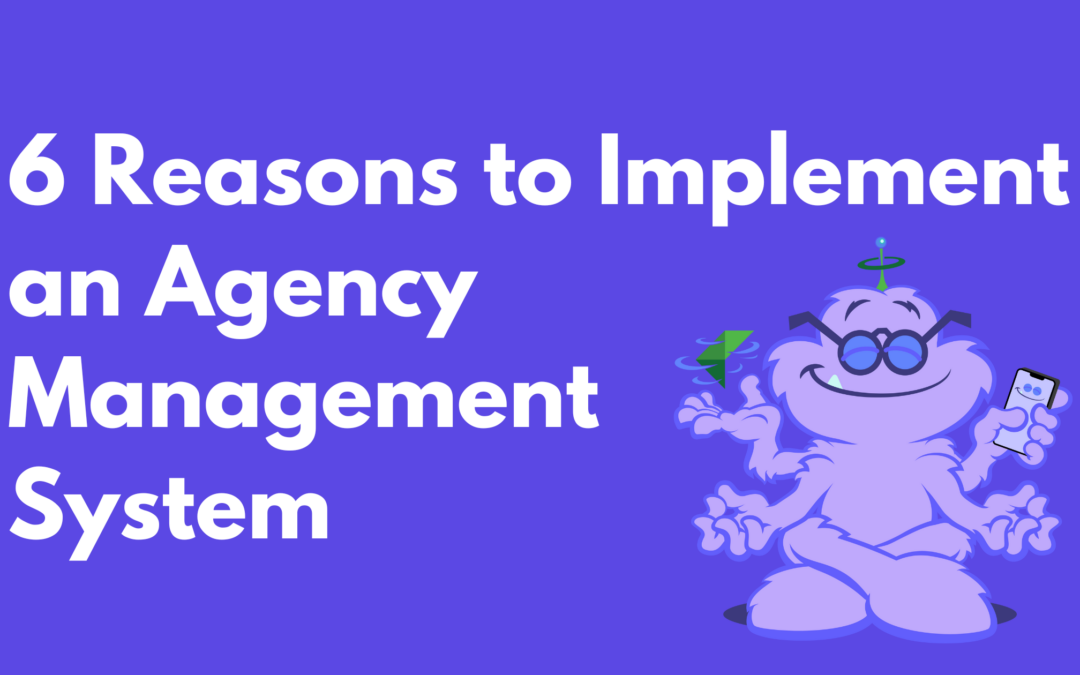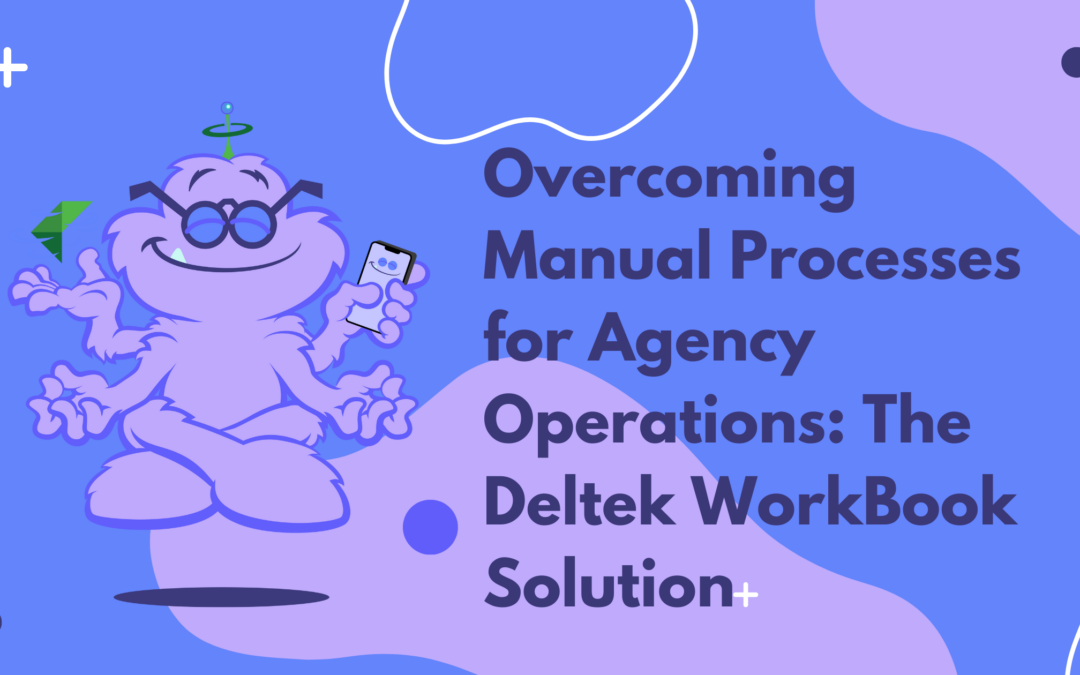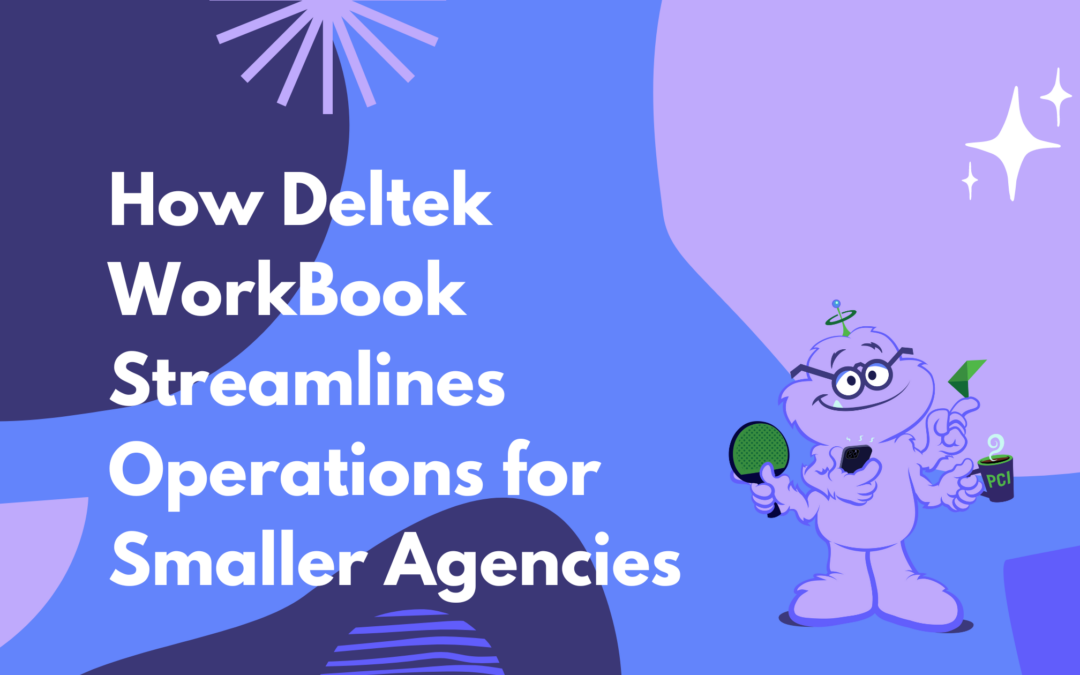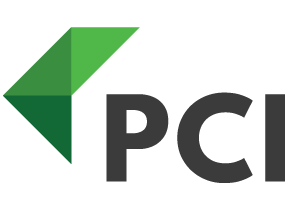
by Rebekah Weiner | Apr 24, 2024 | Deltek WorkBook
Are you currently struggling to manage your agency’s workload due to a mountain of paperwork and inefficient manual processes? If so, you’re not alone. Investing in an agency management system can be a game-changer in terms of saving your valuable time and...

by Rebekah Weiner | Apr 15, 2024 | Deltek Costpoint, Deltek WorkBook, Government Contracting, Value Added
Written by: Marty McGann, CEO at PCI As PCI proudly celebrates its 15th anniversary, I was asked to write a blog on my reflection as a business owner for the last 15 years. Inspired by ESPN, welcome to “15 for 15,” where I reveal the top 15 insights that...

by Rebekah Weiner | Apr 12, 2024 | Deltek WorkBook
Marketing and PR agencies know too well how cumbersome manual processes can daunt the usual hustle and bright creativity of their businesses. In the fast-paced world of digital marketing and public relations, agency operations can quickly turn from a stream of ordered...

by Rebekah Weiner | Apr 5, 2024 | Deltek WorkBook
In the bustling world of marketing and creative agencies, staying ahead of the game is paramount. This can be particularly challenging for smaller agencies that often have to juggle multiple roles and lack the manpower of larger corporations. Enter Deltek WorkBook...

by Rebekah Weiner | Mar 29, 2024 | Deltek WorkBook
If you’re a newsletter enthusiast, you likely have a designated folder in your inbox overflowing with content from top marketers, brands, and companies around the world. But if you’re not yet convinced of the benefits of newsletters; we’ve got a list...

by Rebekah Weiner | Mar 20, 2024 | Deltek WorkBook
Marketers use the sales funnel to strategically guide potential customers through the stages of buying a product or service, from awareness to conversion. The top focuses on creating awareness for the product or service (TOFU), the middle on building interest (MOFU),...







